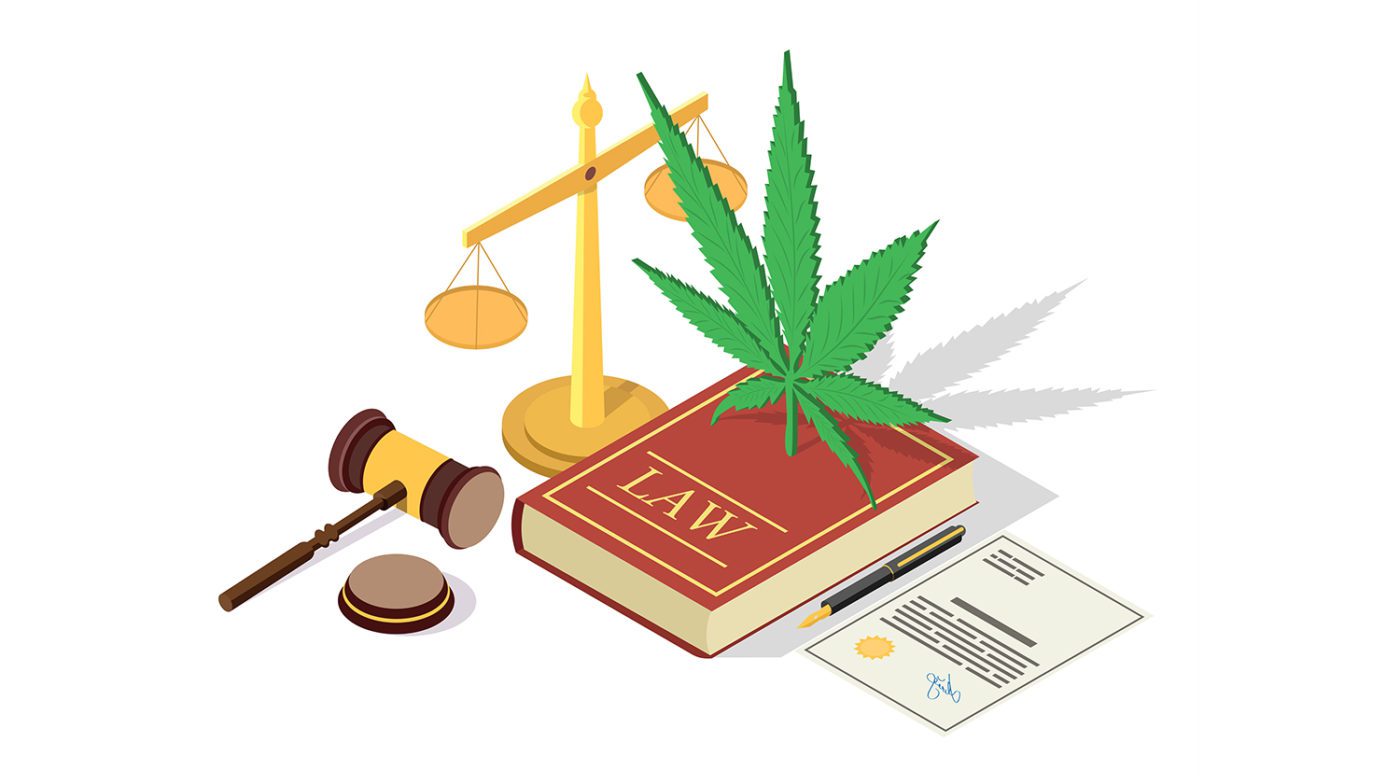Industry
Big Steps Are About To Be Taken For Federal Cannabis Laws In The USA
Financial institutions that provide financial services to lawful, state-legal cannabis firms may face criminal charges under federal law. Most banks won’t offer loans or open accounts for state-legal cannabis businesses, and credit card firms won’t process transactions from dispensaries. Small firms are forced to function entirely in cash, making them and their employees easy targets for violent robberies.
That’s why Colorado Democrat Rep. Ed Perlmutter introduced the SAFE Banking Act. This bipartisan bill would minimize public safety risks, give state-legal firms access to the financial system, and help the IRS collect its fair and considerable portion of taxes more effectively.
SAFE Banking has been enacted six times by the House of Representatives, largely on a bipartisan basis. With 106 Republicans voting in favor of the most recent standalone version, it was passed.
Despite this, the Senate refuses to act. Congress is maintaining federal cannabis prohibition and letting an unsustainable patchwork of federal and state cannabis laws flourish by refusing to take up gradual reform proposals like SAFE Banking.
This lack of parity not only jeopardizes public safety and industry access – especially for minorities and small enterprises – but it also stifles research and makes it difficult for the federal government to generate income.
Things need to change for a greater good
Cannabis remains a Schedule I drug in the United States, which means it is strictly restricted for medical use and is more tightly regulated than synthetic opioids like fentanyl, which killed over 55,000 Americans in 2020 alone. Despite this, the federal government has owned a patent on medicinal cannabis since 2003, demonstrating genuine bureaucratic duplicity.
Continued federal prohibition, like alcohol prohibition 100 years ago, encourages illegal and dangerous production. Illegal grow operations frequently outcompete licensed producers, who must labor under costly state laws without the benefits of conventional business deductions or access to financing in order to offer safe and dependable items to people of legal age.
Cannabis legalization is no longer the contentious issue it once was. A whopping 91 percent of Americans support the legalization of cannabis for medical or recreational purposes, and 47 states have done so to some extent.
So what will be the future of federal laws regarding cannabis?
The federal government must respect the wishes of states that have adopted various degrees of legality while also preparing for the end of prohibition. “The federal government’s existing policy is a half-in, half-out regime that simultaneously tolerates and outlaws local usage of marijuana,” wrote Supreme Court Justice Clarence Thomas.
The government must also acknowledge that federal regulators, like the alcohol industry, have a critical role in assuring the safety of production and consumption. They must be given the opportunity to comment on the design of a federal framework.
Simultaneously, Congress should assist states and local governments in addressing the disproportionate effects of cannabis prohibition. More than 14 million Americans have arrest records stemming from cannabis-related offenses committed in the last 20 years. Despite this, recreational cannabis is already legal in 18 states in the United States
Furthermore, while Congress debates alternative regulatory and legalization measures, President Biden should use his executive authority to “lower schedule” cannabis. Long-prohibited studies would be able to inform our country’s leading experts on everything from multiple sclerosis and epilepsy medicines to highway impairment standards.
Source: https://www.usatoday.com/story/opinion/2022/02/21/federal-marijuana-laws-cannabis-reform/6801358001/

